What is “grooming”?
Information about online grooming – what it is, how it works, the warning signs to look out for and where to get help if you need it.

Information about online grooming – what it is, how it works, the warning signs to look out for and where to get help if you need it.
Netsafe organises a variety of events to enable people to confidently access digital opportunities and prevent online harm. Netsafety Week For 25 years, Netsafe has worked hard to create a safer more positive online experience for people. We’ve shared advice so that people feel empowered to take advantage of the opportunities offered by technology. As…

As a parent, it can be a shock to find out that your child has bullied someone online. Many parents find it difficult to know where to start with addressing this type of behaviour with their child. To help, we’ve put together some tips that may help you and your child: Keep calm and don’t…

It can be difficult to know where to start when thinking about keeping your children safe online. This is why Netsafe created the Family Safe Online Treaty to help all kids and their families to have a safe and positive time while using the internet and devices. Read our advice to get started. Family Safe…
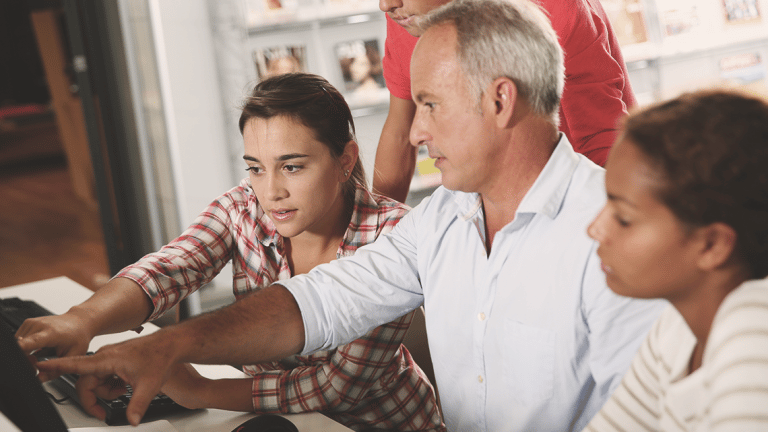
Having an appreciation of the unique characteristics of digital information and digital challenges is key to developing an effective prevention and incident response plan
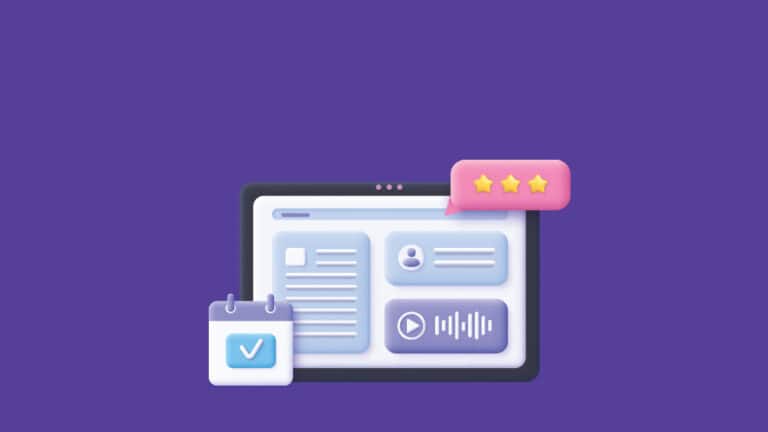
We no longer ‘go’ online, we are online. We’re more connected than ever. This brings young people incredible opportunities both inside and outside of the classroom. It also brings some challenges. We know that creating digital opportunities for students while helping them to be safe online is important to New Zealand schools. Our job is…
School leaders and teachers can make a report to Netsafe for help on behalf of a student from their school who is experiencing online bullying, abuse or harassment. How can you get help? You can fill out an online contact form or call Netsafe seven days a week on 0508 NETSAFE. We’ll ask some questions…
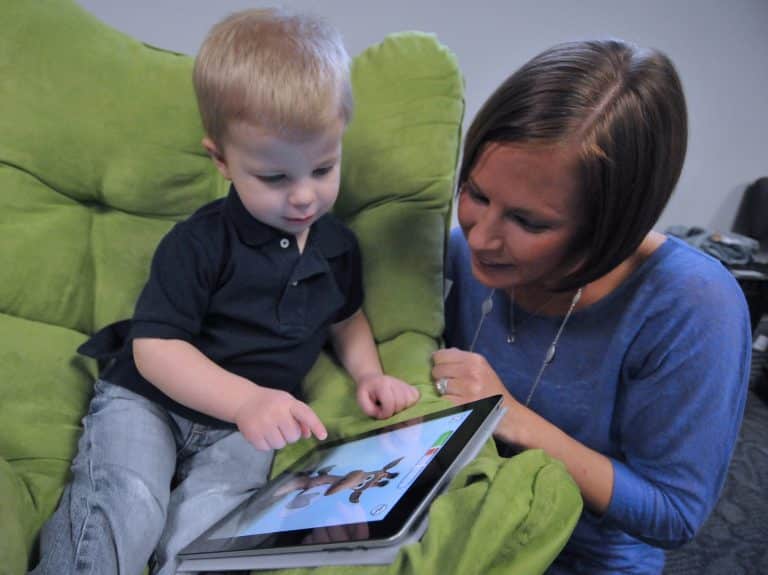
The use of digital technologies is routinely used in Early Childhood Education (ECE) centres. When used meaningfully and as part of a strategic approach, we see the powerful use of technologies in the early years. This can be seen in sharing new learning with parents/whānau, connecting to other ECE professionals and engaging our tamariki/children in…
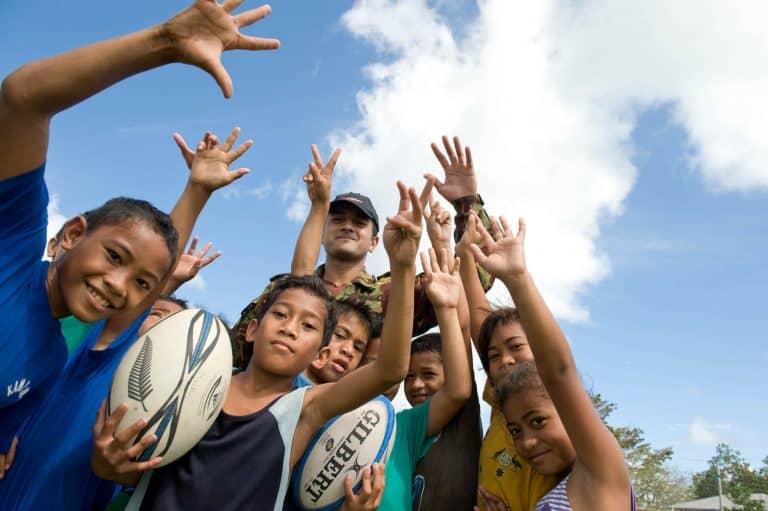
The best way to help students learn about the safe and responsible use of digital technologies is through an ongoing conversation about their experiences, deliberate attention to skills and behaviours, and repeated opportunities to apply their learning. The following resources may be useful to help you explore issues with your learners. Use them to: Support…
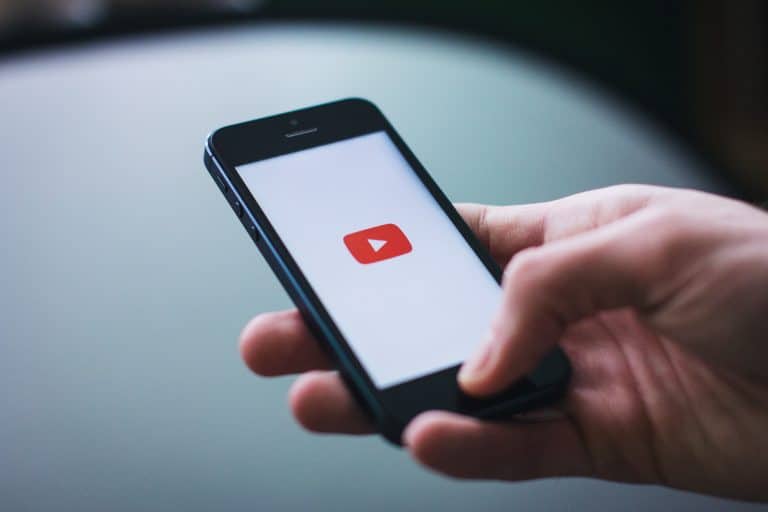
A single set of rules will not help independent young people behave appropriately online. User agreements are only a starting point if we want to help young people grow their confidence. We need to start by discussing ideas with them and their families/whanau and teach digital citizenship concepts as part of our curriculum. When developing…